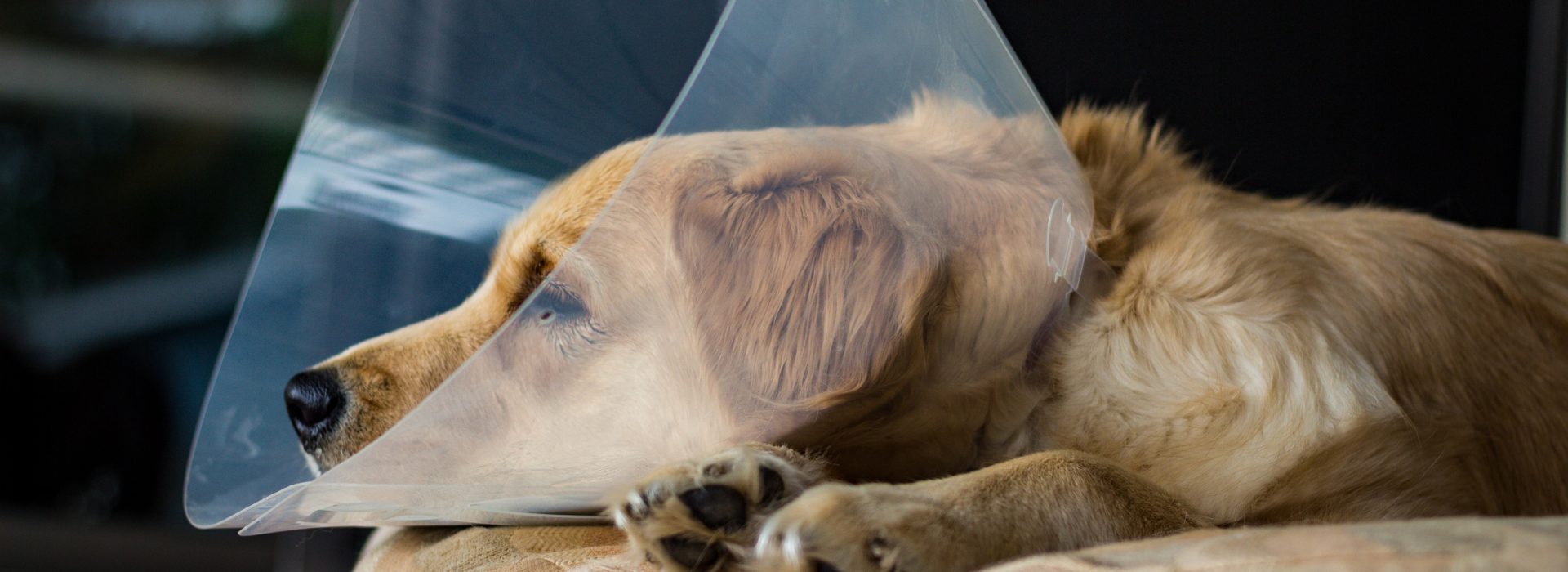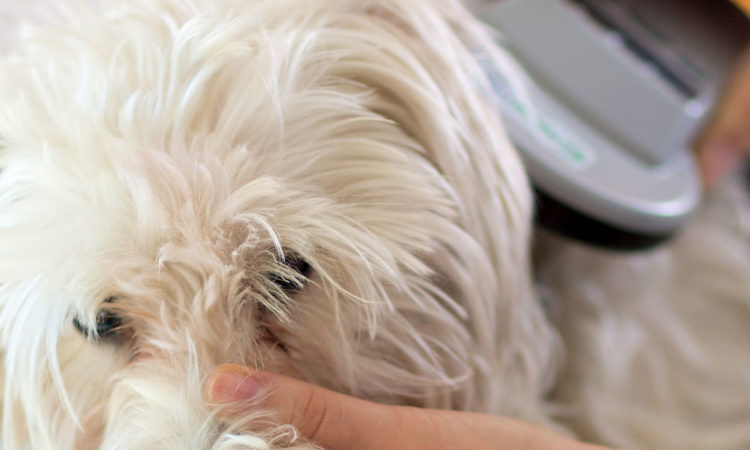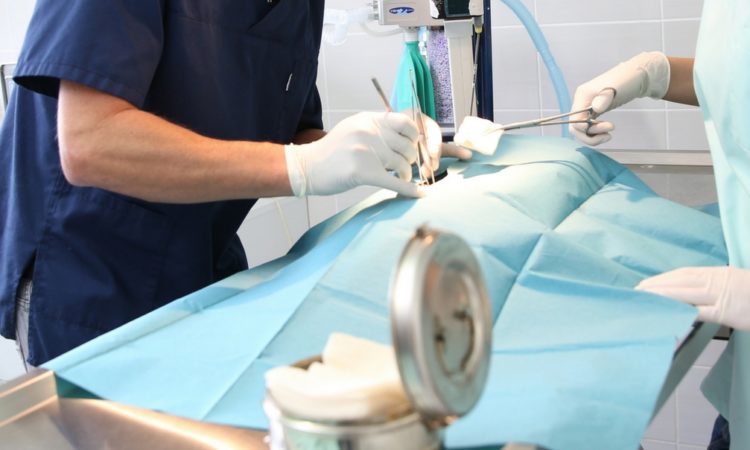Spay and neuter surgery has many benefits for your pet and the rest of the community. The surgeries eliminate your pet’s ability to reproduce which helps with overpopulation. The surgery also makes your pet more manageable as it stops them from acting up during their heat cycle. Our veterinarians recommend these elective procedures, which makes them healthier overall.
What happens during spaying and neutering?
Both spaying and neutering are surgical procedures which means our team follows strict protocols to eliminate any risk. We run blood tests and other diagnostics as necessary to learn more about your pet’s health and determine how much general anesthesia to administer. Neuter surgery involves making an incision near the scrotum and removing both testicles. For spay surgery a small incision is made near the abdomen and the uterus and ovaries are removed. During the surgery our veterinary technicians monitor your pet’s vital signs to ensure your pet’s safety.
Will spay and neuter surgery make my pet live longer?
Yes, this surgery can increase longevity. Without the surgery your pet may develop diseases and infections that will reduce their lifespan. Removing the reproductive organs helps prevent your pet from having sexually transmitted diseases, uterine infections and mammary, testicular or prostate cancer. Pets who don’t have the surgery will roam to mate with other pets where they can be exposed to diseases and harm. When they roam they are more likely to catch diseases or have more risk of being injured from a fight or accident.
When should I get my pet spayed or neutered?
Your loyal companion should have the surgery before they are sexually mature which is when they go into heat. For cats we recommend spaying or neutering them by the time they are 5-months-old. Dogs should have the surgery when they are 6-months-old. Even if your pet is older they can have the surgery if they are a good candidate. To discuss spay or neuter operations for your pet, give us a call at 604-591-5304.






